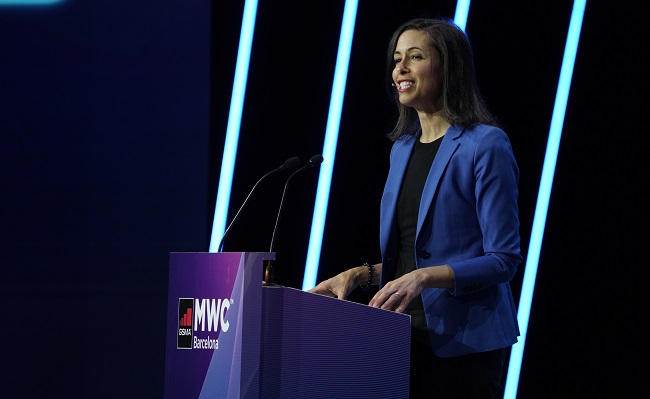FCC Chair Jessica Rosenworcel Announces Departure in 2025: A New Leadership Era
Jessica Rosenworcel, the chairwoman of the Federal Communications Commission (FCC), has officially announced her plans to step down from the agency on January 20, 2025, coinciding with the presidential inauguration. As the first woman to lead the FCC, Rosenworcel’s tenure has been marked by groundbreaking efforts to bridge the digital divide and implement progressive communications policies. Her successor, Brendan Carr, is set to usher in a new era of leadership with a focus on addressing tech censorship and public interest regulations.

Jessica Rosenworcel’s Legacy as FCC Chair
Jessica Rosenworcel, appointed as FCC chair by President Joe Biden, took office during a pivotal moment when the COVID-19 pandemic underscored the critical role of digital connectivity. Sworn in outdoors during the height of the pandemic, her appointment symbolized resilience and the importance of ensuring digital access for all Americans.
In her statement, Rosenworcel expressed gratitude for her role, stating, “Serving at the Federal Communications Commission has been the honor of a lifetime… Taking the oath of office on the street outside of the agency during the height of the pandemic… made clear how important the work of the FCC is.”
Major Achievements Under Rosenworcel’s Leadership
Bridging the Digital Divide
One of Rosenworcel’s most significant contributions was her relentless effort to bridge the digital divide. She spearheaded initiatives to expand broadband access in underserved rural areas, making internet connectivity a reality for millions of Americans.
Expanding Broadband Affordability
Rosenworcel also focused on affordability, implementing programs that made broadband services accessible to low-income households. This effort aimed to reduce the socioeconomic barriers to digital inclusion.
Establishing the Space Bureau
Under her leadership, the FCC created a dedicated Space Bureau to address the growing shift toward space-based communications. This initiative reflects the agency’s forward-thinking approach to emerging technologies.
Brendan Carr’s Vision for the FCC
Brendan Carr, who is set to succeed Rosenworcel, brings a markedly different perspective to the FCC. His stated priorities include combating tech censorship and ensuring that public interest rules are enforced in broadcasting.
Addressing Tech Censorship
Carr has been vocal about the need to address alleged biases in digital platforms. His focus on “tech censorship” signals a shift toward scrutinizing the policies of major tech companies.
Enforcing Public Interest Rules
Carr has emphasized the importance of holding broadcasters accountable to public interest standards, particularly in political contexts. His recent statements regarding potential violations of equal time provisions hint at stricter enforcement under his leadership.
Potential Challenges in a Deadlocked FCC
Rosenworcel’s departure will leave the FCC evenly split between two Democrats and two Republicans, potentially leading to a policy deadlock. Carr’s ability to enact significant changes may hinge on the Senate’s approval of a new commissioner to break the tie.
Implications for U.S. Communications Policy
The transition from Rosenworcel to Carr marks a significant ideological shift within the FCC. While Rosenworcel championed inclusivity and affordability, Carr’s focus appears to lean more toward regulatory enforcement and political oversight. This change could have lasting implications for broadband policy, space communications, and tech regulation.
What Lies Ahead for the FCC?
As Carr prepares to take the helm, the FCC’s direction will depend largely on its ability to navigate political divides. Key issues such as net neutrality, 5G deployment, and media ownership rules are likely to dominate the agenda. The upcoming months will be crucial in shaping the future of U.S. communications policy.




